CORRECTION
Published on 13 Jun 2023
Corrigendum: Editorial: Freedom dreaming futures for Black youth: exploring meanings of liberation in education and psychology research
doi 10.3389/feduc.2023.1228896
- 526 views
8,674
Total downloads
57k
Total views and downloads
CORRECTION
Published on 13 Jun 2023
EDITORIAL
Published on 22 May 2023
CONCEPTUAL ANALYSIS
Published on 22 Feb 2023
CONCEPTUAL ANALYSIS
Published on 03 Feb 2023
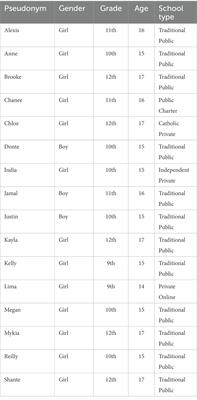
CONCEPTUAL ANALYSIS
Published on 13 Dec 2022
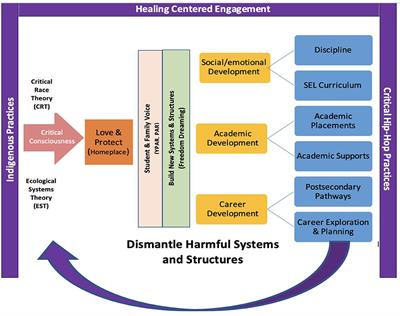
CONCEPTUAL ANALYSIS
Published on 08 Dec 2022
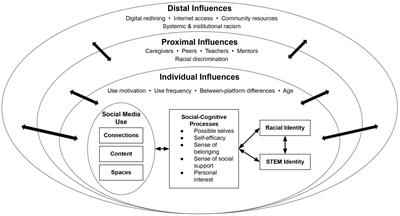
ORIGINAL RESEARCH
Published on 06 Dec 2022
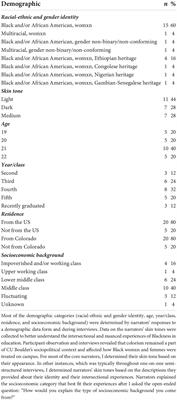
ORIGINAL RESEARCH
Published on 24 Nov 2022

ORIGINAL RESEARCH
Published on 18 Nov 2022
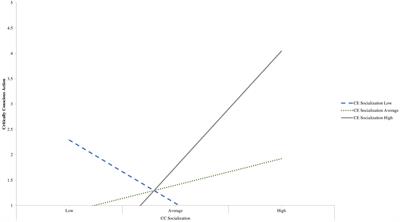
ORIGINAL RESEARCH
Published on 17 Nov 2022
MINI REVIEW
Published on 04 Nov 2022
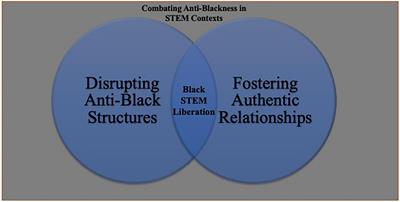
ORIGINAL RESEARCH
Published on 04 Oct 2022

